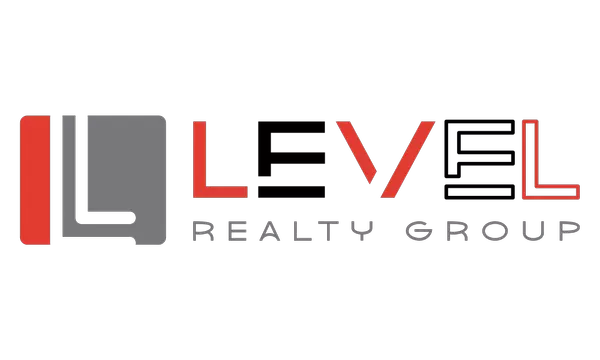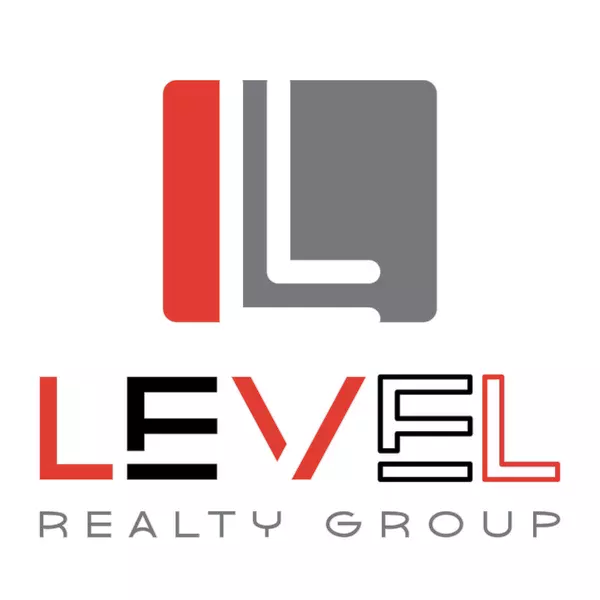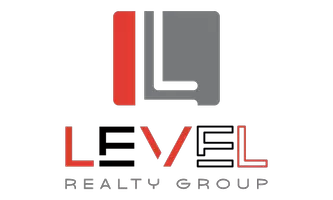Being Successful when Buying your first home!

Real Estate Buyer Guide
Introduction
Buying a house is an exciting time in your life. You can take the first step by learning about how to buy a home and what to expect along the way. This guide will help you understand everything from finding the right house, securing financing, and closing escrow on your new property.
Decide what you are looking for.
Before you start looking for a house, ask yourself what your needs are. Do you want to live in the city or the suburbs? Is there an area close to public transportation that would make life easier for your family?
Once you've decided on the location and type of property you're interested in, it's time to think about what features are most important. For instance:
-
How much land do I need? Are there other things I can add later to increase my property value?
-
How many bedrooms and bathrooms does my family need (and are willing to share)?
-
What kind of neighborhood do we prefer—rural or urban; quiet or busy; populated by families with children or retirees; etc.?
Shop lenders and get pre-approved.
Lenders have different rates and fees, so you'll want to shop around. The same goes for pre-approval requirements. Some lenders will ask you to provide proof of employment, while others will require a credit report, tax returns, and other documentation.
You'll want to get pre-approved before you start shopping for homes because most sellers won't consider selling a home unless their buyer is pre-approved. Pre-approval doesn't mean that you're guaranteed the loan; it just means that your lender has reviewed all the financial information provided by you and determined that there's enough equity in your home (or down payment) to cover the purchase price of the new house—and they're willing to fund it at this time if necessary.
Choose a knowledgeable agent.
-
Choose a knowledgeable agent who is experienced in the type of property you are looking for, and has a good reputation.
-
You want to work with someone who will be able to answer all of your questions, explain things clearly and help you make informed decisions about where to buy your home.
Find a house that meets your needs.
-
Start with a list. It's important to prioritize what you want in your new place and then rank the items on that list according to importance. If you can't afford everything on your list, decide which items are most important and which ones may be cut from the final version of your wish-list.
-
Talk to anyone who has bought a house or apartment recently—your parents, friends or coworkers will likely have some good advice for you.
-
Visit open houses whenever possible; not only is this an excellent opportunity to see what's out there but it also gives prospective buyers a chance to meet real estate agents face-to-face and ask questions about homes they're considering purchasing (or won't be purchasing).
-
Meet with an agent who specializes in helping buyers find the right home for them!
Make an offer.
Once you've found a property that you think is worth the price, it's time to make an offer. This is where real estate gets exciting!
Remember: when making an offer on a home, most sellers are not going to accept your first one. They'll probably counteroffer and ask for more money or less repairs in their house. The goal here is not to get your own way; it's about finding what works best for both parties involved in the transaction.
Select a professional home inspector.
A home inspection is not just a formality. It's an important step that can help you to avoid costly mistakes and ensure the structural integrity of the property you're buying. You'll have already done your research and found out what's on the market in your price range, but before you sign on the dotted line, it's worth taking a look at any problems that could arise during or after purchase.
Here are some things to keep in mind when selecting an inspector:
-
An experienced inspector will know how to find hidden issues with a property. This means that they will provide clear descriptions of issues and make recommendations for resolving them (if possible).
-
The best inspectors are honest about what they find, even if it isn't something they personally like or agree with—this shows integrity! If an inspector refuses to share information about something that may be crucial for you as someone who wants to buy this house soon; you should be concerned about their intentions... just saying...
-
Inspectors aren't cheap—but neither is buying the wrong place! If money is tight now, consider saving up until after closing so that these fees don't impact your budget later down road other than having paid more upfront 😊
Get title insurance and homeowners insurance.
> Title insurance protects you against losses caused by defects in the title to the property. It is good to get title insurance when purchasing a new home, but consider getting it on an existing home if you are buying a piece of land.
Title insurance does not cover normal wear and tear or damages done after closing (such as faulty plumbing). Make sure that you read your policy carefully so that you understand what is protected and what isn't.
> Homeowners' insurance protects your home and its contents against damage from storms, fire and other perils. When buying homeowners' insurance, ask agents about deductibles—the amount of money that must be paid out-of-pocket before coverage kicks in—and replacement values: the dollar amount needed to completely rebuild your house or replace destroyed items with similar models.
Make an earnest money deposit (EMD).
An earnest money deposit (EMD) is a down payment on a property you're buying. It's like a reservation fee for an airline ticket: You're promising that if you get accepted and sign the contract, then you'll have enough money to cover it. The EMD is typically between 1% and 5% of the purchase price, but in some cases can be as high as 10%.
If you're lucky enough to have cash available or be able to borrow from family or friends, this is where things get easy—just write out a check for whatever amount you feel comfortable with. But if not, then there are still ways around it—you just might need more time (and more luck).
If all goes well with your offer being accepted by the seller and their counter-offer being accepted by your lender(s), then we'll issue an Acceptance of Contract form with instructions about how much of an EMD we need from each party involved in the transaction; these amounts may vary depending on market conditions at any given time.
Schedule an inspection contingency appointment.
-
Schedule an inspection contingency appointment.
-
The inspection should be done by a professional and scheduled to coincide with the inspection contingency period.
-
Don't forget to get the inspection contingency in writing!
Negotiate any repairs with the seller.
Negotiate any repairs with the seller.
The best way to do this is to have your agent explain to the seller that you are willing to pay extra for repairs and then let them decide how much they want to charge. If they refuse, you can walk away from the deal knowing that you did everything possible in order to make it work out in your favor. You should also ask for repairs before closing so that you don't end up spending money on things like new carpeting or painting after moving into your new home.
Sign the mortgage papers and close escrow (sale).
-
Sign the mortgage papers.
-
Close escrow (the sale).
-
Pay off the loan.
-
The buyer and seller sign settlement statement.
-
Receive keys to your new home!
With these steps you can buy a house
Buying a house can be a complicated process, but with the help of an agent and others, you can get through it. Here are some steps on how to buy a house:
-
Find your ideal home. Find houses that match what you’re looking for and make notes about them so you know what features matter most to you.
-
Work with an agent who knows the area well, enjoys helping people find homes in their desired neighborhoods and has good connections with lenders and inspectors who have experience working with buyers like yourself. This will save time on searching while also ensuring that the property is not only affordable but also well-maintained so that repairs aren’t necessary right away (which would end up costing more than they should).
-
Get preapproved by lenders before looking at potential properties because it shows sellers that buyer has both funds available and interest in purchasing their place which may lead them charge lower listing prices or negotiate better deals after seeing proof of income from bank statements etcetera rather than relying solely upon credit reports alone! That way if something doesn't work out exactly according to plan during negotiations later down the road when actually finalizing contracts then maybe we could still make something happen without giving up too much ground due being stuck
Conclusion
We hope this guide has been helpful for you as you start your real estate search. If you have any questions about buying a home, please contact us and we will be happy to assist.
Categories
Recent Posts











“My job is to find and attract mastery-based agents to the office, protect the culture, and make sure everyone is happy! ”
3723 Fairview Industrial DR SE, Suite 190, Salem, OR, 97302, United States
